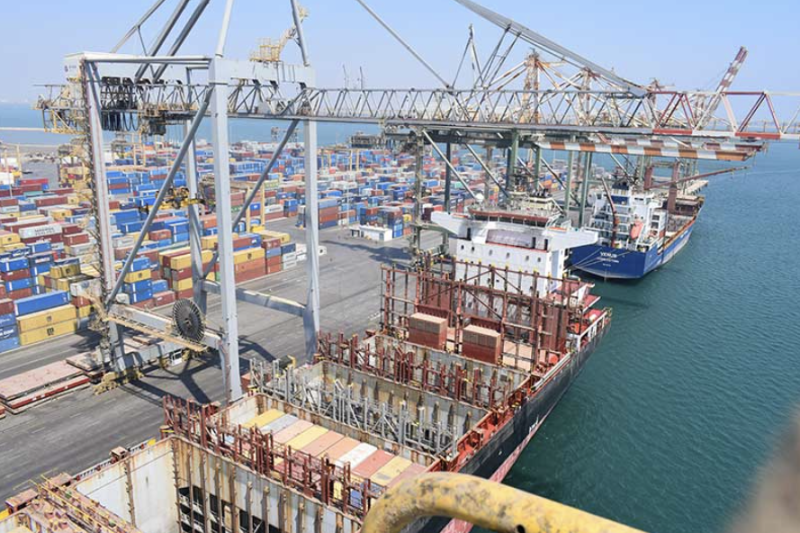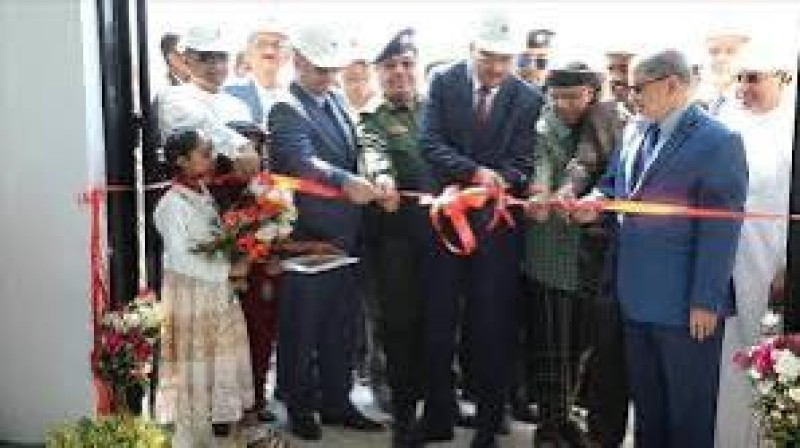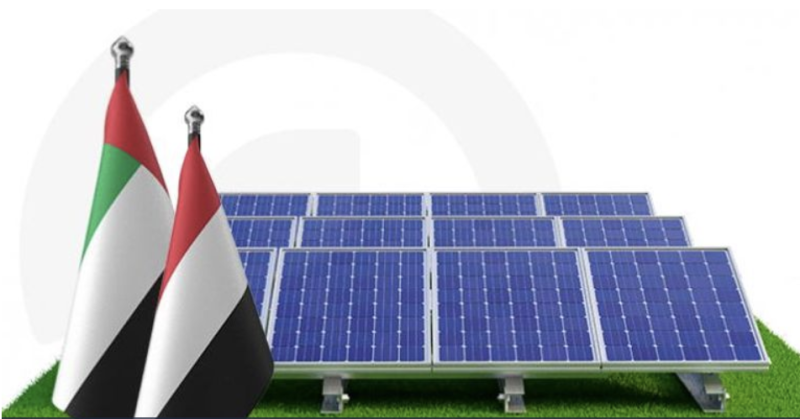Yemen: A Storm of Crises


Even before the current conflict, Yemen was the poorest country in the Arab Peninsula. With a population of 30 million people (20.7 million of whom are now in need of humanitarian assistance), Yemen had an underdeveloped health system, water scarcity, and political challenges. The situation has worsened drastically since the start of the conflict in 2015, leading to a storm of crises that has affected every part of daily life.
For example, take health care. Access to health services in Yemen is very limited: only half of the country’s health facilities are functioning at a time when around 20.1 million people are in need of health care assistance. Those health needs are exacerbated by limited access to safe drinking water, which increases the risk of falling ill from waterborne diseases – which themselves can evolve into more complicated conditions, such as malnutrition. Access limited essential services is hampered by poor road infrastructure, which has been heavily damaged through years of heavy rainfall as well as the ongoing conflict.
Living conditions in the country continue to deteriorate, due in part to the country’s declining economy, which has reduced the purchasing power of the country’s national currency. As a result, the price of food and essential commodities have increased significantly – so foodstuffs that were once a necessity have now become a luxury. This is met with increased fuel prices, which impacts essential services, such as the delivery of safe drinking water, or the ability to provide health care services at a health facility – of which only half are functioning.
Everything impacts everything. It’s a complicated situation – one that has worsened with successive forced displacements as people flee the fighting, and (of course) with COVID-19.
In the midst of this humanitarian crisis, our team in the field is working relentlessly. We provide support to as many people as possible is responding to emergencies in Yemen providing essential nutrition and health care, and water, hygiene, and sanitation services to people in Yemen. Medair teams travel over long distances to reach these vulnerable communities, often located in remote districts where few other organizations work. Through our projects, health facilities which lack supplies and equipment are being restocked, health care staff are trained, and teams of volunteers find and refer malnourished pregnant mothers and young children to receive life-saving treatment. Meanwhile we’re installing safe drinking water, handwashing, and sanitation facilities at the health clinics.
We’re doing our best in the midst of an enormous and complicated humanitarian crisis. The situation here remains very painful; it is often the sole topic of conversation during gathering with friends or family, which themselves have become few and far between. Yemen was once known as Arabia Felix, which roughly translates to ‘the happy land.’ Right now, this country is the biggest humanitarian crisis in the world – but we have hope that it will return to the happy land again.

Aden — Ports under the authority of Yemen’s internationally recognized government have received more than two million metric tons of fu…

Mukalla — Local authorities in Hadramout have announced the inauguration of Yemen’s first solar-powered cement station, a landmark proj…

AbuDhabi -- The United Arab Emirates has pledged $1 billion to bolster Yemen’s electricity sector, marking one of the largest development com…